Small Press Points: Nomadic Press
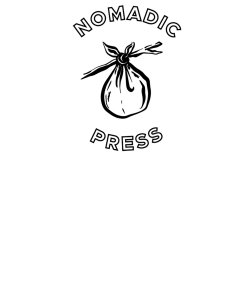
For more than a decade the nonprofit publisher Nomadic Press has accepted “invitations” to collaborate with writers in an effort to cross boundaries geographically, philosophically, and creatively.
Jump to navigation Skip to content
Articles from Poet & Writers Magazine include material from the print edition plus exclusive online-only material.

For more than a decade the nonprofit publisher Nomadic Press has accepted “invitations” to collaborate with writers in an effort to cross boundaries geographically, philosophically, and creatively.
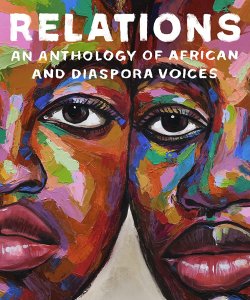
A look at three new anthologies, including A House Called Tomorrow: 50 Years of Poetry From Copper Canyon Press and Relations: An Anthology of African and Diaspora Voices.

As threats to freedom of expression rise around the world, organizations like the International Cities of Refuge Network and PEN America strive to support writers.
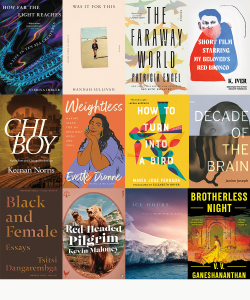
The first lines of a dozen noteworthy books, including Brotherless Night by V. V. Ganeshananthan and Decade of the Brain by Janine Joseph.

Graywolf Press’s new publisher and executive director discusses the shifting landscape of literary publishing, her multidisciplinary career, and what collaboration means to her.

The Fall 2022 issue of Crazyhorse will be the last under a name that the editors now recognize as a “longstanding appropriation of Lakota culture.”

Black Lawrence Press’s Immigrant Writing Series was launched in response to a lack of book-publication options for immigrant writers, whose unique perspectives might not resonate with nonimmigrant editors.

An organization founded and directed by Reginald Dwayne Betts seeks to bring the spirit of literature into prisons by installing libraries and inviting theater productions, book clubs, and world-class writers inside carceral walls.
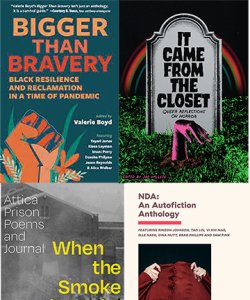
A look at four new anthologies, including Bigger Than Bravery: Black Resilience and Reclamation in a Time of Pandemic and When the Smoke Cleared: Attica Prison Poems and Journals.

The Oxford Dictionary of African American English, slated for release in 2025, will involve a three-year-long multidisciplinary research project compiling terms popularized by speakers of African American English.
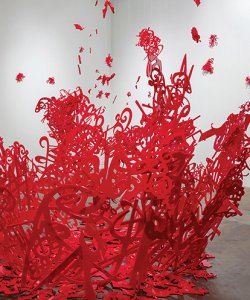
Dallas artist Simeen Farhat crafts text-inspired sculptures in a complex process that blends literary and figurative composition and reminds viewers of language’s physicality.

The author of In the Current Where Drowing Is Beautiful highlights five journals that first published her poems, including Peripheries and the Capilano Review.
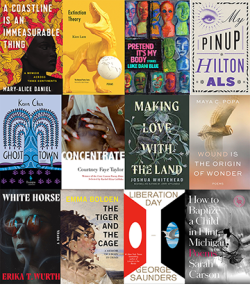
The first lines of a dozen noteworthy books, including Extinction Theory by Kien Lam and Liberation Day by George Saunders.

The author of What We Fed to the Manticore highlights five journals that published her stories, including the Minnesota Review and Ecotone.

A look at three new anthologies, including New Weathers: Poetics From the Naropa Archive, edited by Anne Waldman and Emma Gomis.

The new editor of Poetry shares his aspirations for shaping the 110-year-old magazine to reflect an expansive literary landscape.

Amy J. Wong and Andrew Fung Yip founded Matilija Lending Library to “reflect our people of color communities in the San Gabriel Valley, and build multiracial solidarity.”

A special “unburnable” edition of Margaret Atwood’s The Handmaid’s Tale was crafted to raise awareness about recent efforts to ban books from schools and libraries.

Banned Books Week raises awareness of the rise in attempts to remove titles from schools and public libraries through a series of special events to be held across the country starting on September 18.

Since 2020 #BookTok, the hashtag that represents the book-loving community on TikTok, has emerged as a powerful force.
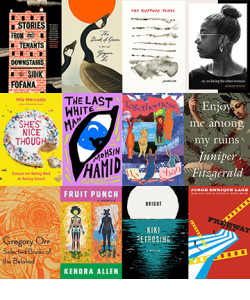
The first lines of a dozen noteworthy books including The Book of Goose by Yiyun Li and Togetherness by Wo Chan.

Seven Kitchens has cultivated a diverse roster of writers through the fifteen or so chapbooks it publishes each year, including through its eight chapbook series, each appealing to a different community.
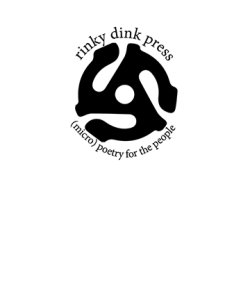
Each no bigger than a deck of cards, rinky dink’s “micro zines” aim to “get poetry back in the hands (and pockets) of the people” and make the genre more accessible.

The Multiverse book series from Milkweed Editions spotlights the work of neurodivergent poets and powerful new ways of “languaging.”
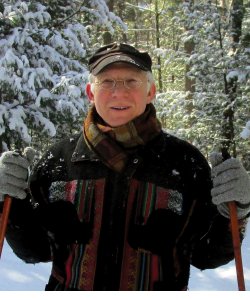
Recognizing that talent and relevance have no age limit, the Henry Morgenthau III First Book Poetry Prize from Passager Books spotlights debuts by poets age seventy and older.